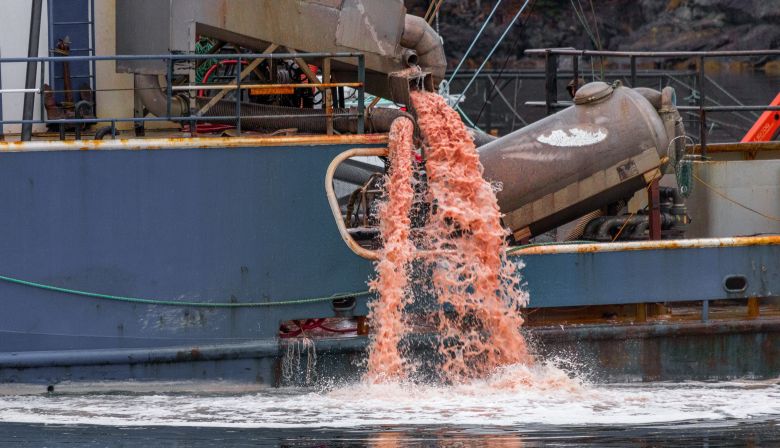
Subscribe & stay up-to-date with ASF


Dr. Steve Sutton, Director of Public Policy for the Atlantic Salmon Federation, issued the following statement in reply to a recent announcement from the province of Newfoundland and Labrador about expanding open net-pen salmon aquaculture:
“The announcement from Minister Derek Bragg that Grieg Seafood has been granted a concession to explore a huge area of the province’s south coast for new salmon cage sites is a stark example of putting the cart in front of the horse.
“Newfoundland’s salmon farming industry is lurching from crisis to crisis. Tens of millions of industry salmon have been culled or died because of disease, sea-lice outbreaks, and unsuitable site selection in recent years, literally coating the shoreline with fat from the decomposing animals.
“Since November 2017 there have been 27 infectious salmon anemia outbreaks, a deadly fish disease that can affect wild salmon and other species like sea trout and herring. There have also been two recent mass mortality events, one in late 2019 and another in 2021.
“Information obtained from the NL government through an access to information request indicates that 49% of all salmon put into sea cages in 2021 died prematurely. Between 2016 and 2020, aquaculture salmon production in Newfoundland dropped by approximately 70 per cent.
“These failures are having real impacts on the environment, including wild Atlantic salmon. Widespread fish escapes have caused significant interbreeding between wild and industrial salmon, and the Conne River population, which is forced to pass by a high concentration of cages in Bay d’Espoir, are near extinct.
“A westward expansion, potentially as far as Port aux Basques, would directly affect dozens of salmon rivers including Grandy’s, La Poile, and the Grand Codroy among others.
“Furthermore, Grieg has yet to prove they can sustainably produce salmon in Newfoundland’s challenging environment. The company suffered a significant setback in 2021 when 1 million juvenile salmon had to be culled due to the detection of infectious salmon anemia in their supposedly biosecure hatchery in Marystown, and the type of fish they are growing is being discontinued elsewhere due to their vulnerability to diseases.
“Unfortunately, despite the fact the industry is causing harm and facing existential threats, provincial leaders in Newfoundland and Labrador still cheerlead for expansion while Fisheries and Oceans Canada, which is responsible for protecting wild fish and the marine environment, looks away.”
For more information contact:
Neville Crabbe
Executive Director of Communications
Atlantic Salmon Federation
M: 506-467-6804
ncrabbe@asf.ca